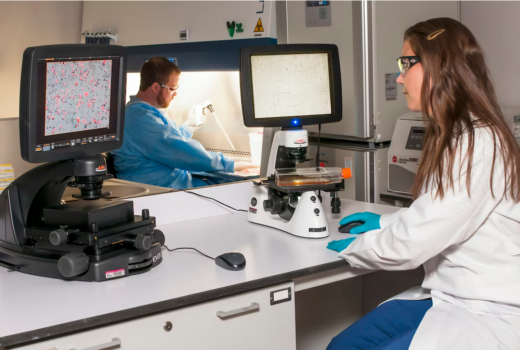Leven in meteoriet?

Het Journal of Cosmology
Coupled with a wealth of date published elsewhere and inprevious editions of the Journal of Cosmology, and as presented inthe edited text, “The Biological Big Bang”, the implications arethat life is everywhere, and that life on Earth may have come fromother planets. Members of the Scientific community wereinvited to analyze the results and to write critical commentariesor to speculate about the implications.
Dr. Rudy Schild, van het Center for Astrophysics,Harvard-Smithsonian en hoofdredacteur van het Journal of Cosmology,geeft als nadere toelichting: “Dr. Richard Hoover is a highlyrespected scientist and astrobiologist with a prestigious record ofaccomplishment at NASA. Given the controversial nature of hisdiscovery, we have invited 100 experts and have issued a generalinvitation to over 5000 scientists from the scientific community toreview the paper and to offer their critical analysis.
Our intention is to publish the commentaries, both pro and con,alongside Dr. Hoover’s paper. In this way, the paper will havereceived a thorough vetting, and all points of view can bepresented. No other paper in the history of science has undergonesuch a thorough analysis, and no other scientific journal in thehistory of science has made such a profoundly important paperavailable to the scientific community, for comment, before it ispublished. We believe the best way to advance science, is topromote debate and discussion.”
Meest Gelezen
Vrouwen houden universiteit draaiende, maar krijgen daarvoor geen waardering
Wederom intimidatie van journalisten door universiteit, nu in Delft
Hbo-docent wil wel rolmodel zijn, maar niet eigen moreel kompas opdringen
‘Burgerschapsonderwijs moet ook verplicht worden in hbo en wo’
Raad van State: laat taaltoets nog niet gelden voor hbo-opleidingen


